.webp)
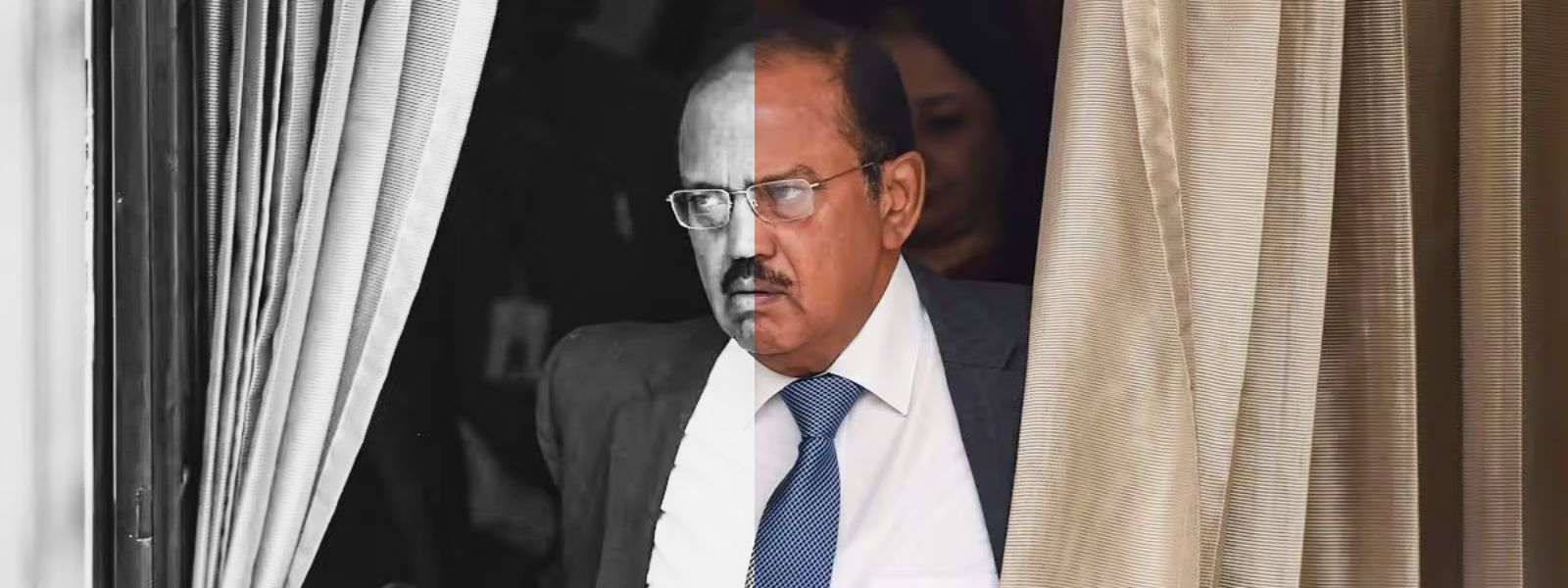
Why Was India's Spymaster Doval In Sri Lanka?
COLOMBO (News 1st); The presence of Indian National Security Advisor Ajit Doval in Colombo in late August 2024, first came to light after he was pictured with Former Sri Lankan High Commissioner to India, Milinda Moragoda.
Moragoda presented a copy of the Pathfinder Foundation’s Study Group Report on India-Sri Lanka Physical Connectivity to Ajit Kumar Doval, National Security Advisor of India.
The Study Group report which was recently launched, provides a comprehensive blueprint for physical connectivity in the sectors of road, rail, electricity and petroleum.
The ultimate goal of this initiative is to increase Sri Lanka’s annual economic growth rate from 3 to 6% through economic integration between the two countries.
Thereafter, a crucial meeting between Indian National Security AdvisorAjit Doval and President Ranil Wickremesinghe unfolded at the Presidential Secretariat in Colombo. The discussions centred around enhancing economic cooperation, strengthening defence ties, and fostering regional collaboration between the two neighbouring nations.
The meeting underscored the importance of the strategic partnership between India and Sri Lanka, exploring avenues to deepen economic engagement and fortify defence cooperation. The dialogue also touched on broader regional issues, reflecting the shared interests and common challenges faced by the two countries in maintaining stability and security in South Asia.
Meanwhile, the Member States of the Colombo Security Conclave (CSC) – Sri Lanka, India, Maldives, and Mauritius signed the Charter and Memorandum of Understanding (MoU) for the establishment of the CSC Secretariat at the Presidential Secretariat.
The CSC s core objective is to promote regional security by addressing transnational threats and challenges of common concern to the Member States.
There are five pillars of cooperation under the CSC namely Maritime Safety and Security; Countering Terrorism and Radicalisation; Combating Trafficking and Transnational Organised Crime; Cyber Security and Protection of Critical Infrastructure and Technology; and Humanitarian Assistance and Disaster Relief.
Doval was also seen meeting with other political figures in Sri Lanka, includign two candidates running for President in the September 21 election.
India’s National Security Advisor Ajit Doval, met with National People’s Power (NPP) leader and presidential candidate Anura Kumara Dissanayake and Samagi Jana Balavegaya Presidential Candidate Sajith Premadasa.
Indian National Security Adviser Ajit Doval also met with representatives of North East Tamil political parties.
The meeting was attended by prominent leaders including M.A. Sumanthiran and S. Sridharan of the Ilankai Tamil Arasu Kachchi, Selvam Adaikalanathan of the Tamil Eelam Liberation Organization, Dharmalingam Siddarthan of the People's Liberation Organisation of Tamil Eelam, and Selvarajah Kajendren of the Tamil National People's Front.
The fielding a common Tamil candidate was discussed at the meeting.
Ajit Doval, one of India's most celebrated spymasters, serves as the National Security Advisor (NSA) for a third term.
In 2019, he became the first NSA to serve two terms. Known for his extensive field work as well as his strategic leadership, the 1968-batch IPS official, who belonged to the Kerala cadre, is also the first policeman to be decorated with the Kirti Chakra, the second-highest peacetime gallantry award after Ashok Chakra.
While a third term for Doval can be seen as part of the continuity in the Narendra Modi government in which top Union ministers have retained their portfolios, Doval's consecutive third term indicates his importance for the Modi government which has adopted aggressive posture against cross-border terrorism including surgical strikes inside Pakistan. However, Doval has recently helmed important negotiations with his American counterpart which span across technological, strategic, business and economic interests, pointing at an enlarged role for Doval in the Modi government's foreign affairs.
When Modi became the prime minister in 2014, it is said, the first file Modi’s principal secretary took to him for signing was of Doval’s appointment as the National Security Advisor (NSA). Ever since, Doval has been Modi's right-hand man.
In India, most NSAs such as Brajesh Mishra for Atal Bihari Vajpayee, and JN Dixit, Shyam Saran and SS Menon for Manmohan Singh, had foreign service backgrounds, but Doval, a former Intelligence Bureau chief, is only the second NSA after MK Narayanan to have a professional career in intelligence. Narayanan too had headed the IB.
A 1968 batch IPS officer who spent virtually all his career in IB, Doval is credited by security experts with intelligence successes like infiltrating the Mizo National Army and planning key Myanmar- and China-related missions.
His intelligence work was also crucial in Operation Black Thunder, the mop-up operation that followed Operation Blue Star, the first big action against Punjab militants in Golden Temple.
Undercover work in Pakistan and the tough job of being one of the negotiators in the 1C-814 hijacking episode added sufficiently to his CV so that when BJP lost power in 2004, the Congress government appointed him as IB chief, despite Doval’s perceived closeness to BJP leaders.
He worked with the IB for more than 33 years in different roles and in areas including the Northeast, Jammu and Kashmir, Sikkim and Punjab. He served in the United Kingdom as well.
Sources: PMD, Indian Media
Other Articles
Featured News






.png )
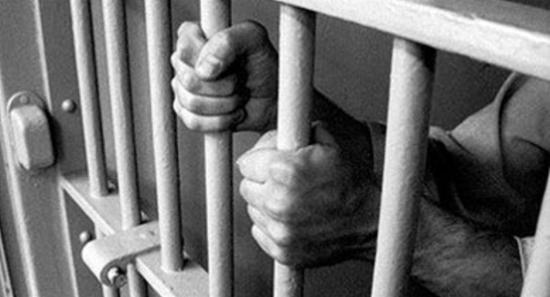
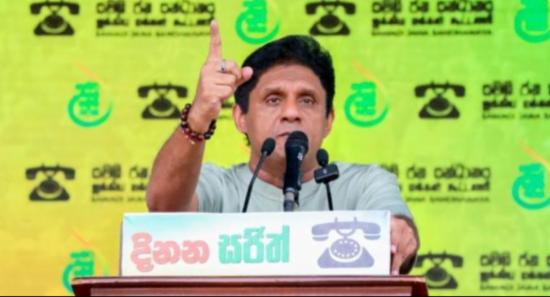

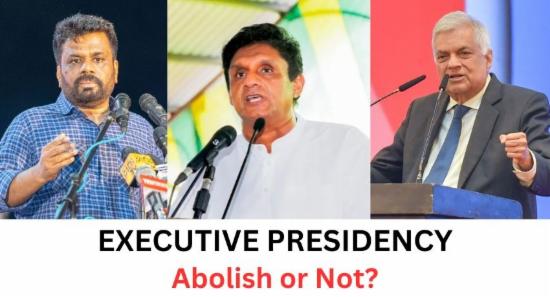
-765499_550x300.jpg)
-765487_550x300.jpg)

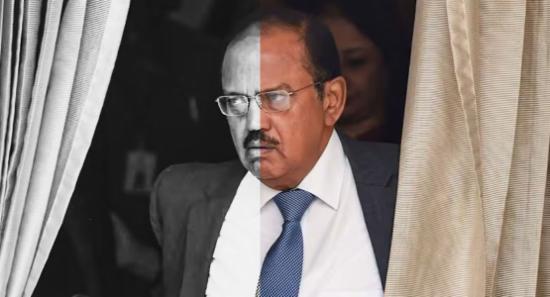








.webp)






